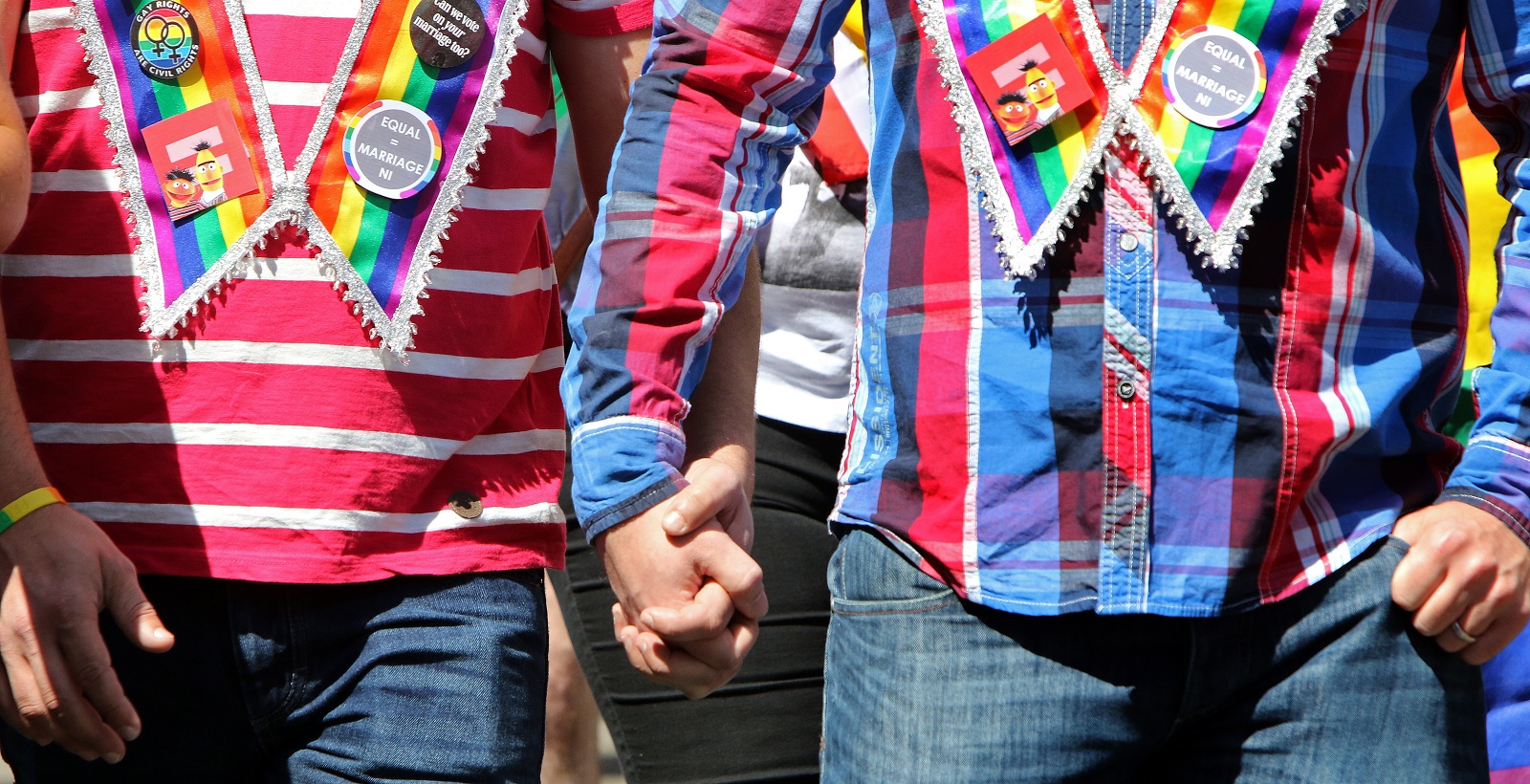Northern Ireland’s anti-LGBT leader refuses to leave despite losing 10 seats

Northern Ireland’s anti-LGBT leader has refused to stand down, despite a disastrous election result.
The party, headed by Arlene Foster, emerged from the election with 28 seats.
Foster led her party, the DUP, to lose 10 seats at the election, but still refuses to step down.
If they fail to come up with a power sharing deal, either another election will be called or the UK government will take over.
Arlene Foster wrote in a Sunday paper that: “I am listening not just to those who voted for the DUP but to those who cast their votes for other parties,” said Mrs Foster who has faced fierce criticism of her leadership style after her party lost 10 seats in the Assembly election.”

Sinn Fein received just one fewer seat than the DUP and are now in talks.
Their northern chief Michelle O’Neill said talks had struck a positive note yesterday, saying hammering out an agreement won’t be easy but is “achievable”.
What’s now clear is that the DUP has lost its power to veto same-sex marriage following an election Northern Ireland.
In order to pass a “petition of concern” over same-sex marriage, the party would need to be supported by a majority of nationalist and unionist members.
The DUP held 38 seats before the governmental collapse that led to the elections, allowing the party to block same-sex marriage laws.
Sinn Féin took 27 seats, while the SDLP had 12, the UUP 10, the Alliance party eight, and other parties taking 5 of the 90 seats declared.
Just 1,168 votes separated the Democratic Unionist Party and Sinn Féin, meaning that for the first time Unionists will not hold a majority vote at Stormont.
Leader of the Ulster Unionist Party, Mike Nesbitt, who previously said same-sex marriage opponents are “on the wrong side of history” while opposing it himself has resigned from his position because of his parties poor performance.
The hardline anti-gay DUP politician Jim Wells retained his seat.
Sinn Féin repeatedly called for the DUP leader to quit as First Minister over her involvement in the RHI scandal, a botched energy scheme she oversaw while serving as Minister for Enterprise, Trade and Investment, which has been hit with serious allegations of incompetence, corruption and abuse.
Following the results of the election, the parties will have three weeks to establish a government that will have to be run by both nationalists and unionists.
Another election will be called if a government cannot be formed within that time, and if no power-share agreement is made that power could return to the UK government for the first time in a decade.

